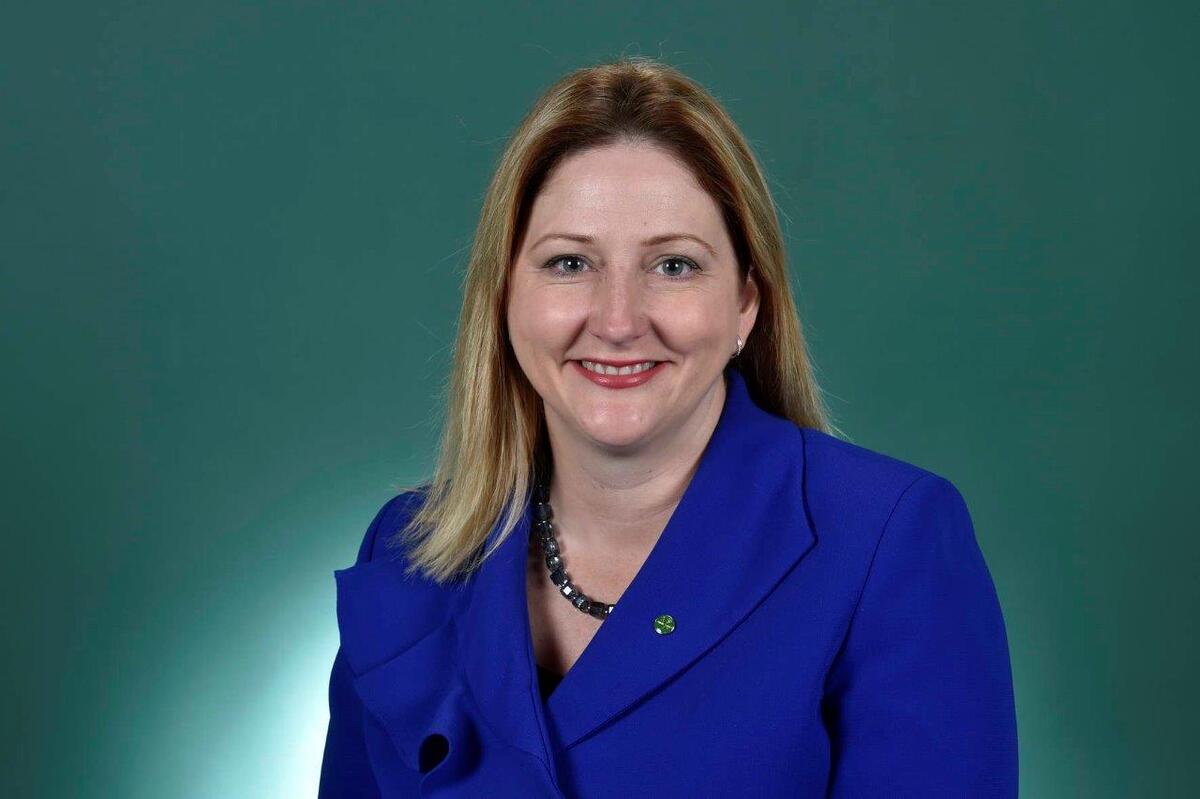Solving the region’s GP shortage
Staff Reporters
04 February 2025, 7:30 PM

Independent MP for Mayo Rebekha Sharkie has called for urgent action on the national GP shortage, particularly in rural and regional areas, following the inaugural SA Future GP Forum held in McLaren Vale on 1 February.
She says the forum has delivered targeted solutions to attract more future doctors into general practice and help deliver quality healthcare to regional and rural communities across Australia.
It was hosted by General Practice Registrars Australia (GPRA), in collaboration with Ms Sharkie, the forum brought together an expert panel, including:
- South Australian Minister for Health and Wellbeing Chris Picton.
- GPRA President Dr Chris Dickie.
- General Practice Students Network (GPSN) National Chair Kei Hsieh.
- SA-based pre-vocational doctor and future GP Dr Rohan Nitchingham.
- MC and SA-based GP Dr Kim Omond.
GPSN Club members from 21 universities across Australia – the nation’s future GPs –led the forum’s discussions on the future of general practice.
Ms Sharkie says the panel discussed current barriers stopping future doctors wanting to train and stay in general practice, and identified key solutions in this critical primary health issue affecting regional communities.
She says the forum produced real, practical solutions that will directly tackle the challenges preventing doctors from choosing general practice in regional areas.
"Previously, around 50 per cent of medical students entered a GP pathway. Now this number is down to 10 per cent, resulting in a forecast shortage of 10,000 GPs across Australia.
"My takeaways from listening to the future GP pathway today are that we need to urgently:
- lift the decade long freeze on Commonwealth Supported Places for medicine
- return funding for GP clinics to take on junior doctors and general practice students as previously existed under the PGPPP
- make general practice more sustainable by increasing the Medicare rebate.
“My constituents tell me they can't get on the books to see a GP in their local area, and if they can it may take weeks to get an appointment.
"If we want to build and strengthen our rural GP workforce, we need to move quickly to put these new initiatives in place.
“I’m committed to working alongside GPRA and the Federal Government to make these solutions a reality. Indeed with an election approaching, I will be lobbying both the major parties to take on the proposals identified by the GPRA to future-proof general practice.”
GPRA President Dr Chris Dickie has welcomed the forum’s outcomes, emphasising the importance of immediate action.
“We need to once and for all address the obvious national structural barrier – the lack of hospital base rate wage parity for a first-year GP in training. On average, they face a $31,000 drop in base salary,” he says.
“The National Employment Support Fund and Future GP Peer Initiative put forward as solutions today are vital to supporting the next generation of GPs, and would make a real difference in attracting and retaining GPs in communities.
“We must also ensure local GPs have the flexibility and funding to design placements that meet their communities' unique needs.
“By focusing on employment security, early exposure, and funding flexibility, the forum has laid the groundwork for practical reforms that will improve GP recruitment and retention – not only in regional South Australia, but across the nation.”